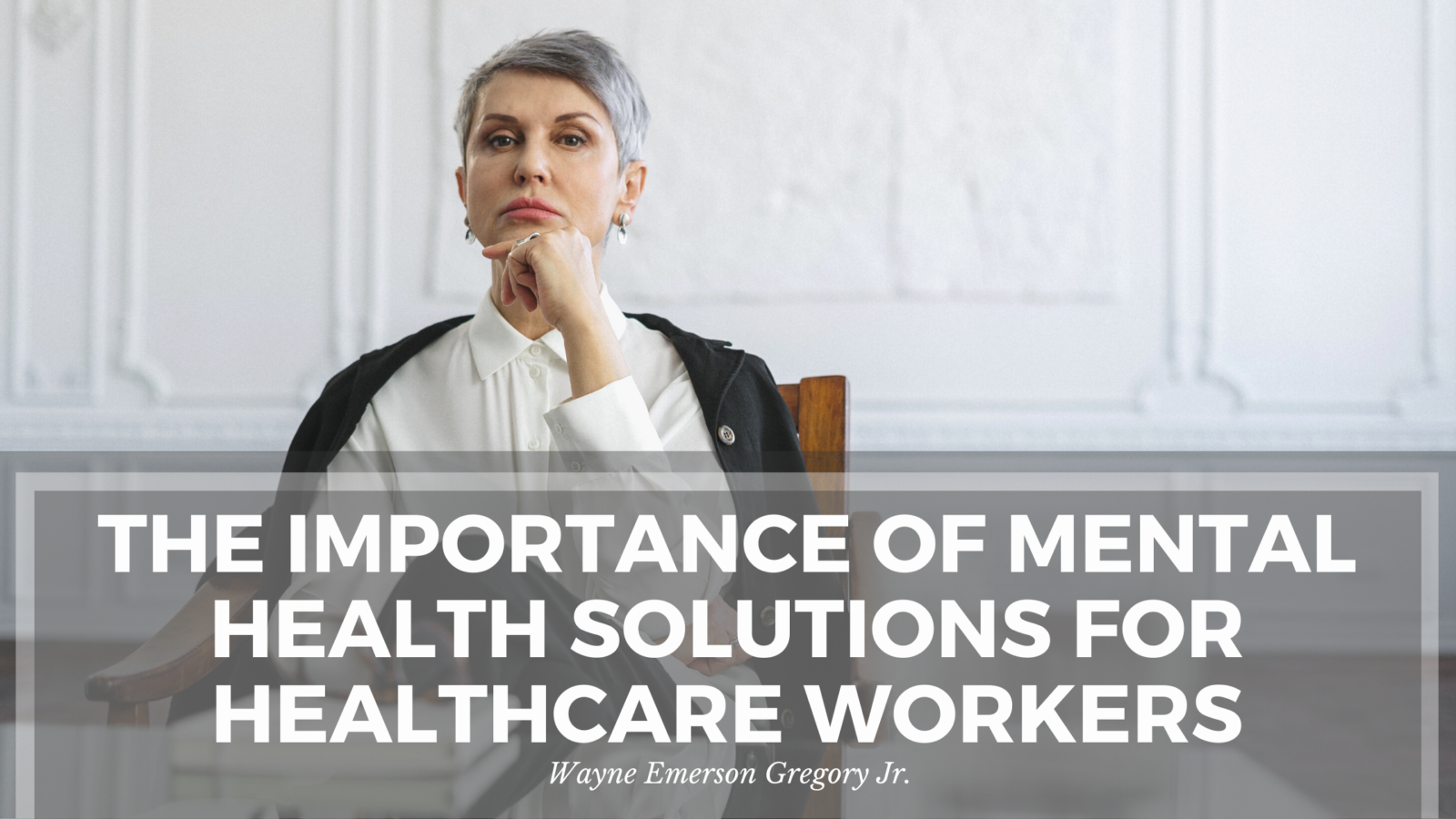The call for mental health services has never been so loud – especially within the healthcare community. People are struggling with the adverse effects of facing a world with COVID-19.
Healthcare workers worldwide are saying that they need more mental health services – but they’re not getting the access they need. According to Healthcaredive, 13% of frontline workers used their access to mental health services, while another 18% needed it but couldn’t do so.
Strained Staffing and Risks
In the last year, healthcare workers, in particular, were forced to work longer hours while facing increased personal risk and reduced access to necessary supplies. The mental and emotional strain cannot be ignored.
The American Association of International Healthcare Recruitment conducted a survey that found that around 80% of nurses felt that staffing was pushed to unsafe levels, with longer hours and less coverage overall.
Burnout
Burnout is a risk in any industry where workers are forced to press harder than is necessarily healthy. It’s an even higher risk in the medical world, more so now than ever. Medical workers are dealing with increased stress levels, increased moral conflicts, and a lack of social support.
All of this psychological distress leads to an increased risk of burnout. Burnout is characterized in three ways:
- Exhaustion or energy depletion
- An increased mental distance or satisfaction in one’s job
- Decreased productivity
It’s worth noting here that healthcare worker burnout goes beyond the individual employee. Burned-out employees are less likely to do their best at work, despite their best intentions. This results in decreased healthcare across the board.
Long Term Consequences
There are long-term consequences for employee burnout – especially if there is no relief to be found. If employees can’t find a way to resolve their negative feelings (such as not having access to mental health professionals), they are more likely to consider finding a new line of work.
According to a KFF survey, those that responded had mixed sentiments about their work. Furthermore, 70% of respondents under the age of thirty said that they’d had a negative impact on their mental health. Given the heavier effect on younger generations, the world should be more concerned.
Article originally published on WayneEmersonGregoryJr.co


